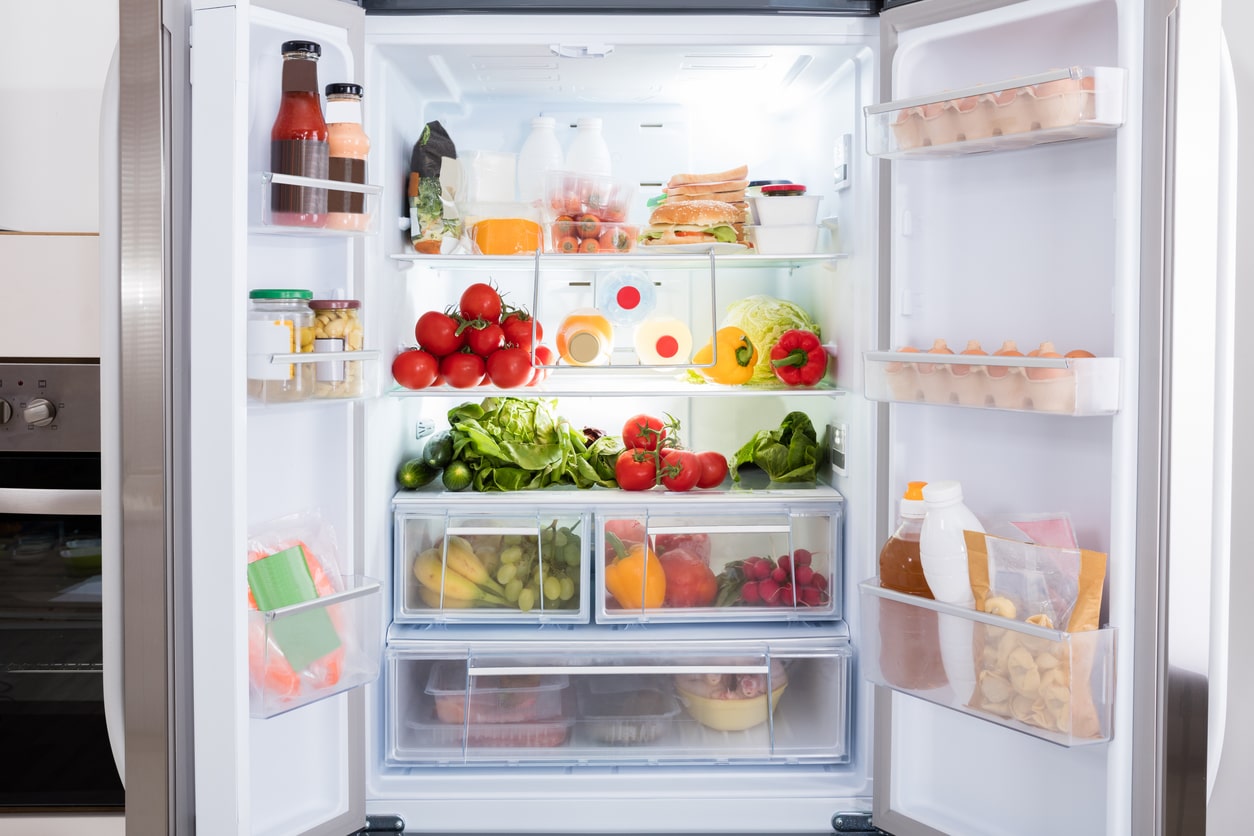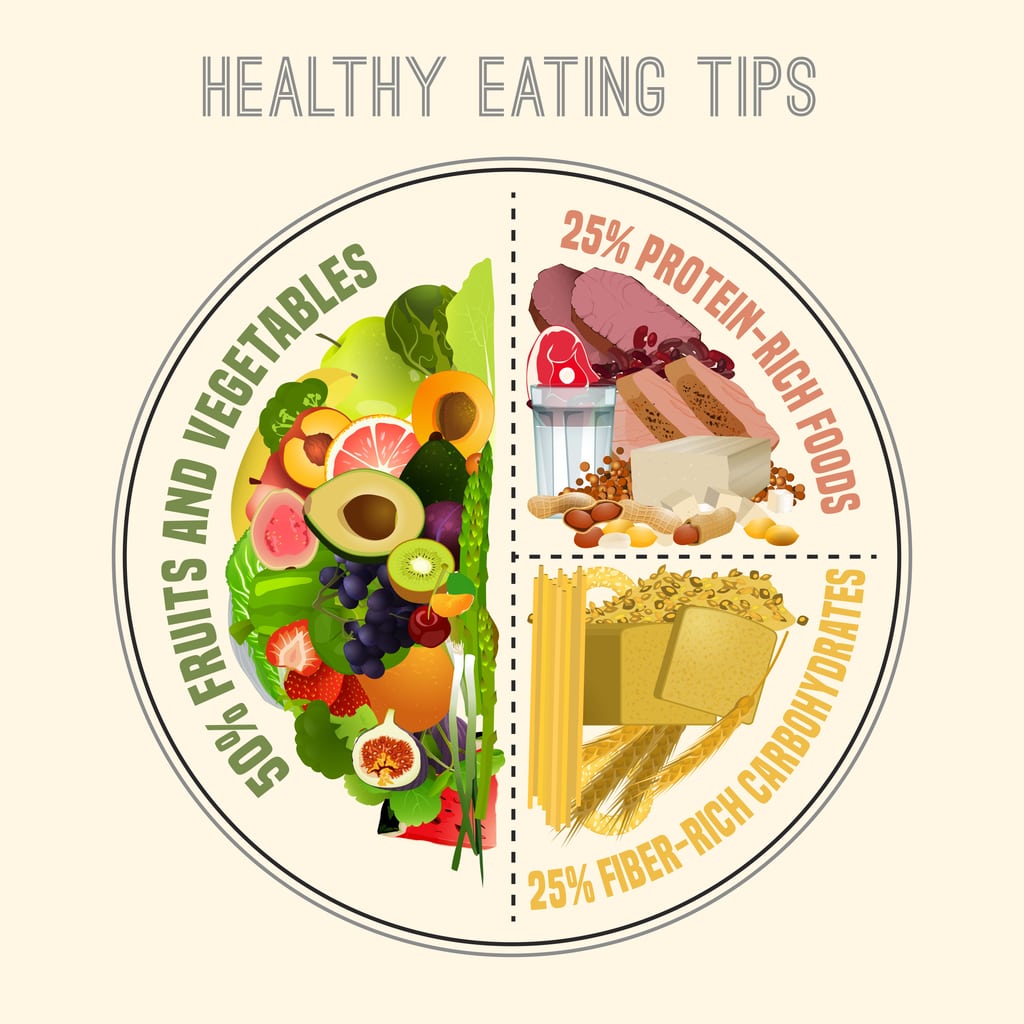
Spring Clean Your Gut: Foods to Help Reset Your Digestive System
As the season changes, it’s the perfect time to refresh and reset, including giving your digestive system a much-needed boost. Like your home needs spring cleaning, your gut benefits from a reset. Nourishing foods can help support digestion and improve gut health. Whether you’re looking to ease bloating, improve nutrient absorption, or simply feel better, the right foods can help restore balance and vitality to your digestive system.
Why Spring Cleaning for Your Gut is Important
Spring cleaning for your gut helps remove toxins, balance gut bacteria, and boost digestion. Processed foods, stress, and the environment can upset your digestion. This may cause bloating, fatigue, and discomfort over time. By resetting your gut with nutrient-dense foods, you can enhance nutrient absorption, boost your immune system, and even improve your mood. Focusing on gut health should be a key part of your seasonal wellness routine.

Foods to Support Your Gut Health
Eating the right foods is important for a healthy gut and good digestion. They help balance your gut microbiome and can improve nutrient absorption and reduce problems like bloating and indigestion. Try adding these foods and drinks to your diet for better digestion.
Probiotics
- Yogurt: A well-known probiotics source. Choose plain varieties with live active cultures to promote gut health.
- Kefir: A fermented milk drink packed with probiotics; kefir can support a healthy gut microbiome.
- Kimchi: This Korean fermented vegetable dish is full of beneficial bacteria and can enhance digestion.
- Sauerkraut: A traditional German dish made from fermented cabbage, it can promote the growth of beneficial bacteria and support gut health.
- Miso: This traditional Japanese paste is made from fermented soybeans. It’s full of probiotics, which help digestion and support a healthy gut microbiome.
Fiber
- Fruits and Vegetables: Leafy greens like spinach, kale, and arugula are high in fiber and nutrients. Apples, pears, and berries are also excellent sources of fiber.
- Whole Grains: Brown rice, quinoa, and oats provide fiber that aids digestion and promotes regular bowel movements.
- Legumes: Lentils, chickpeas, and beans are excellent sources of fiber and protein that support a healthy gut.
- Nuts and Seeds: Almonds, chia seeds, and flaxseeds are high in fiber and healthy fats. They also have essential nutrients that support digestive health.
- Artichokes and Avocado: Both are rich in fiber and nutrients. Artichokes have prebiotics that help good gut bacteria. Avocado adds fiber and healthy fats, which help digestion and keep things regular.
Hydration
- Cucumbers: High in water content, cucumbers help keep your body hydrated and can soothe your digestive system.
- Watermelon: A hydrating fruit that can help keep things moving in your digestive system and reduce bloating.
- Celery: A hydrating vegetable, celery also provides fiber that supports digestion.
- Ginger: Ginger is a well-known herb for soothing digestive discomfort. It can help relieve nausea, reduce bloating, and stimulate the production of digestive enzymes.
- Bone Broth: Bone broth is a great food for gut healing. It contains collagen, amino acids, and minerals like gelatin, which can help repair the lining of the digestive tract. Bone broth may also support the growth of beneficial gut bacteria and improve gut permeability.

Foods to Avoid for a Gut-Friendly Spring Reset
While focusing on gut-boosting foods is important, certain foods can disrupt your digestive health. These foods can throw off the balance of your gut bacteria, causing bloating, discomfort, and other digestive issues. Limiting or avoiding these foods can support your gut reset and improve your overall digestive well-being. Consider cutting back on the following:
- Processed Foods and Refined Sugars: Snacks, sugary drinks, and white bread can raise blood sugar and encourage harmful bacteria in your gut, which can cause digestive issues and bloating.
- Fried and Greasy Foods: These foods are high in unhealthy fats, which can irritate the gut lining, leading to inflammation and discomfort. They also slow digestion and can cause acid reflux or bloating.
- Caffeinated Beverages: Most people can handle moderate caffeine. But too much, especially from coffee and energy drinks, can irritate the stomach, cause acid reflux, and upset the gut microbiome.
- Alcohol: Alcohol disrupts gut bacteria, increases gut permeability, and can irritate the stomach lining, making it harder for your digestive system to process food and absorb nutrients effectively.
- Artificial Sweeteners: Sugar substitutes, such as aspartame and sucralose, can upset the gut microbiome. This may cause digestive issues, gas, and bloating. These sweeteners can also negatively affect your digestive balance over time.
Gut-Soothing Herbs and Spices to Consider
Adding certain herbs and spices to your diet can boost gut health and relieve digestive issues. These natural remedies can aid in digestion, reduce bloating, and support a balanced microbiome. Consider including these gut-friendly herbs and spices in your daily meals:
- Turmeric: Known for its anti-inflammatory properties, turmeric can help reduce gut inflammation, alleviate discomfort, and support overall digestive function.
- Peppermint: Peppermint has been shown to relax the muscles in the digestive tract, reducing bloating, gas, and indigestion.
- Cumin: Cumin can stimulate the production of digestive enzymes, improving digestion and reducing gas and bloating.
- Fennel Seeds: These seeds have carminative properties that help relieve bloating, reduce gas, and soothe the digestive system.
- Coriander: Coriander has been traditionally used to aid digestion by soothing the stomach and promoting the smooth movement of food through the intestines.

Simple Tips for a Gut-Friendly Spring Reset
For a gut-friendly spring reset, start by eating mindfully—chew your food thoroughly and eat slowly to support optimal digestion. Stay hydrated by drinking plenty of water throughout the day to aid digestion and prevent constipation. Regular exercise can also stimulate digestion and promote overall gut health. Lastly, incorporate probiotic-rich foods and fiber into your meals to nourish beneficial gut bacteria and maintain a healthy digestive system.
Contact Us
Caring for your gut is essential for overall health and well-being. The right foods can improve digestion, boost immunity, and increase energy levels. Incorporating probiotics, fiber, and proper hydration supports a healthier gut and a better quality of life. If you’re experiencing digestive issues or want to optimize your gut health, we’re here to help. Contact GastroMD today to schedule a consultation and let’s create a personalized plan for you.



